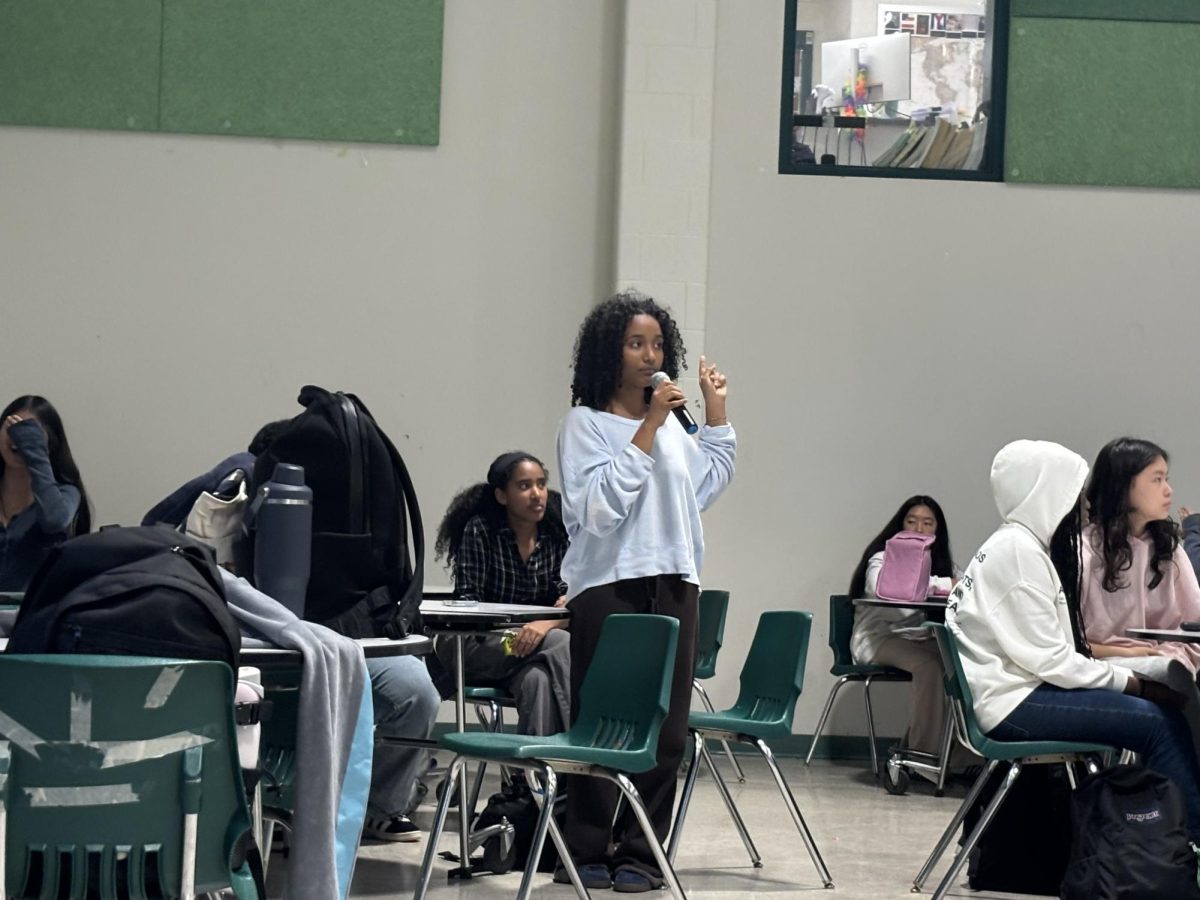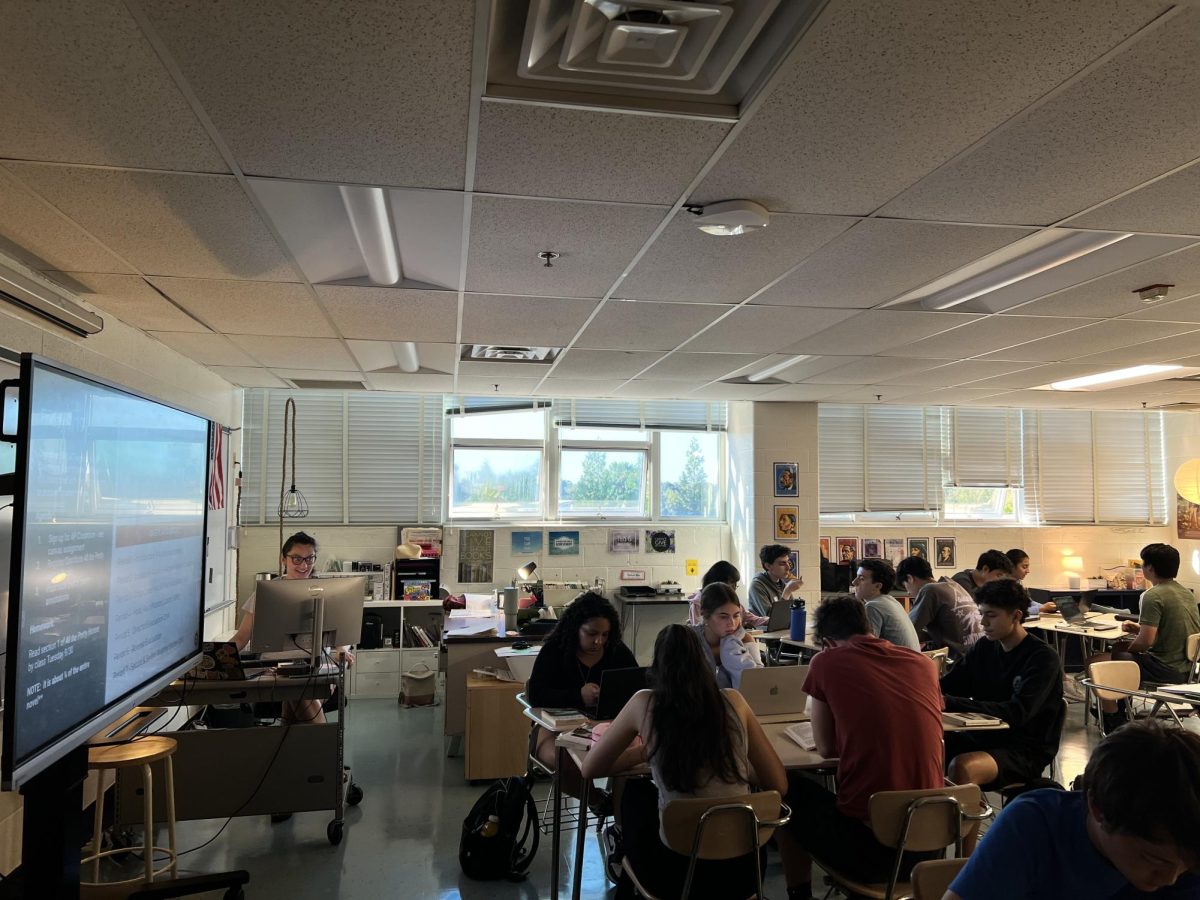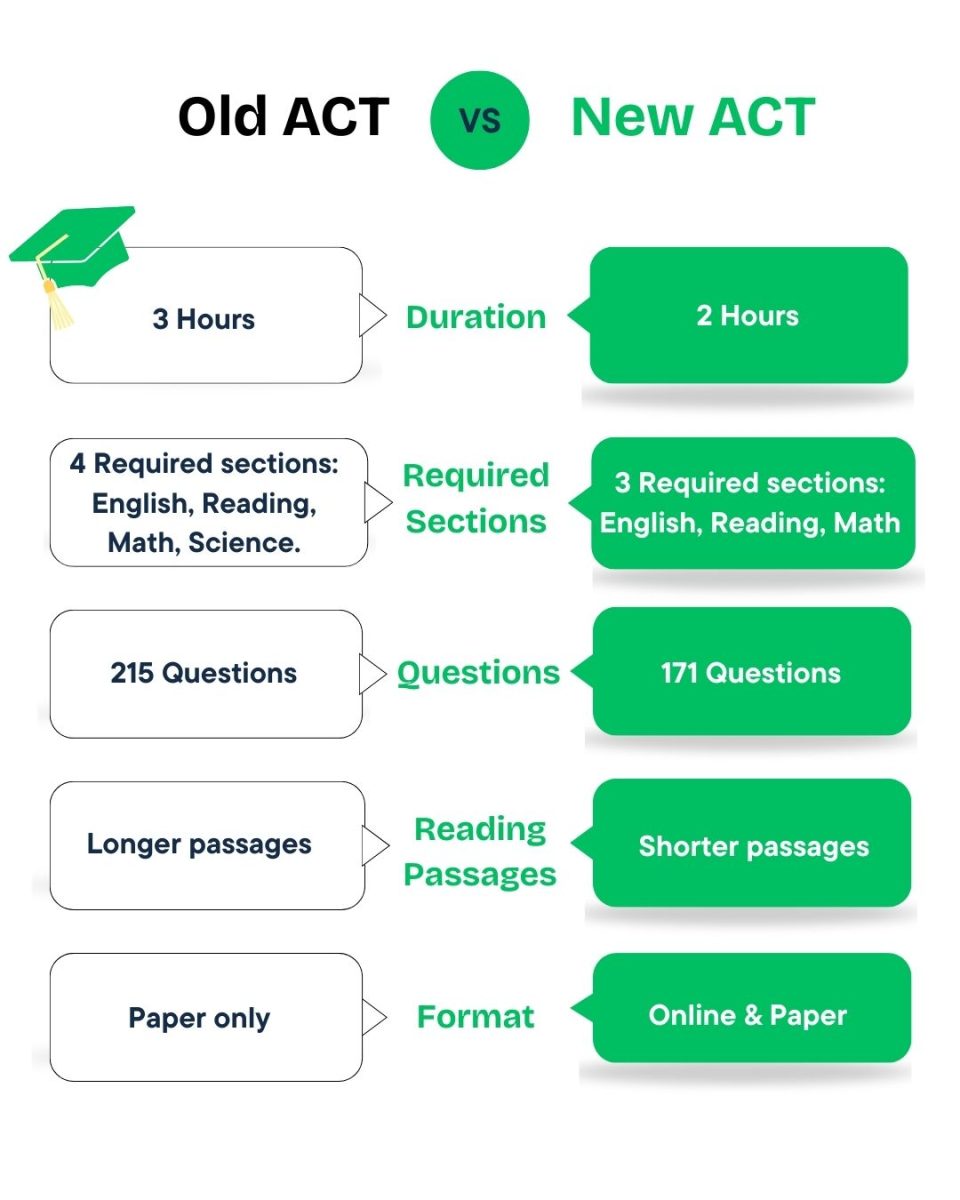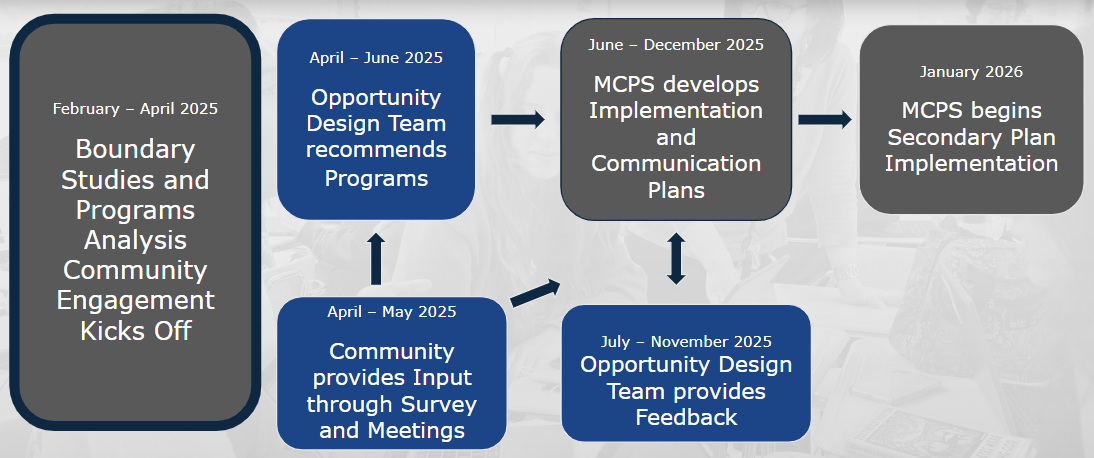A scientific hero: many imagine a Dead White Male who has won a Nobel Prize or who enjoys sitting alone, answering science’s greatest questions. Einstein, Newton, Salk – all scientific heroes of an older age. But now, in the 21st century, other groups are given opportunities to contribute to science, namely young people and women.
Bonnie Bassler, a molecular biologist at Princeton University, is committed to introducing young adults to science, hoping that they will become the new scientific heroes of this generation. To demonstrate her commitment, on Oct. 6, she came to speak to WJ students in the auditorium.
“[Scientists have] the greatest life in the world,” said Bassler. “You get to learn how the natural world works and you get to meet the most amazing and curious people.”
Students in the Advanced Curriculum for Excellence in Science (ACES) program, as well as those taking AP Biology or Molecular Biology, were invited to hear her speak.
Bassler’s casual demeanor, enthusiastic facial expressions and frequent hand gestures made her an engaging speaker, even when she was speaking about complex subjects like the communication of bacteria.
“You have approximately 1 trillion human cells in you, and you have about 10 trillion bacterial cells in you or on you at all times,” said Bassler. “Bacteria make and release molecules, which you can think of as words.”
She effortlessly translated the subject of “quorum sensing,” or bacteria communication, to make it more comprehensible to the student audience, and explained what she does in her lab. She mostly works with bioluminescent organisms, which are livings things that emit light or glow in the dark.
“Most of the things bacteria do are invisible, but with bioluminescence, you can see it,” said Bassler. “When bacteria are talking, the light turns on.”
Bassler also tried to dispel the stereotype of asocial “science nerds.”
“[Science] is not a world of old men sitting alone in a dark room,” she said. “The people who are making the discoveries of how the world works are all within 10 years of your age.”
Her main lesson was that students should remain determined and persistent. She emphasized that if you want to get involved in something you are interested in, you need to take chances.
“Someone took a chance on me, and someone will take a chance on you,” said Bassler. “[All you have to say is] ‘if I fail at this, I won’t die, I’ll just do something else.’”
Many students were impressed with Bassler’s connection to her audience.
“Dr. Bassler was an amazing speaker,” said junior Emily Smithers. “She made such a complicated and [seemingly] boring subject seem so understandable and exciting.”








